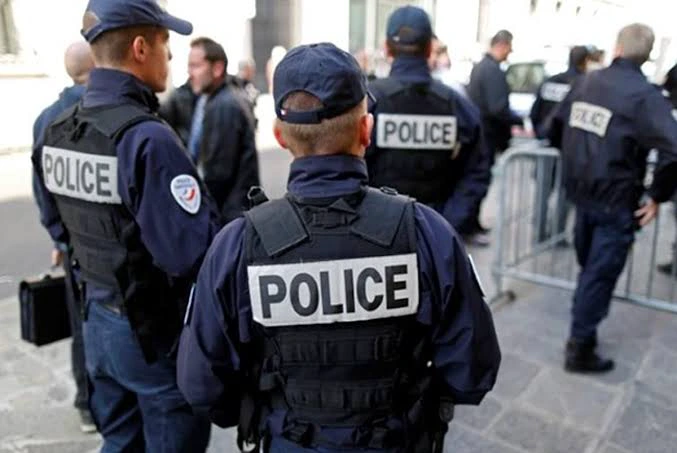Guns: The idea of an unarmed police force may seem like going against common sense to citizens of many countries.
Carrying guns by police officers is often seen as a way of maintaining law and order and also for protection when the need arises.
While this may sound hard to believe, but there are countries that maintain largely unarmed police forces and such countries have recorded low guns homicide rate compared to countries who’s police force carry guns.
This seem to support the philosophy that arming the police with guns may results in more violence, not less, and considerably more gun related deaths
Here are some countries where most of their police force don’t carry firearms:
1. Finland
This Scandinavian country have opted for an unarmed policing force.
In Finland, the police patrol alongside specialists such as medical professionals and social workers. Specifically, psychiatric specialists accompany the police when it involves suspect showing signs of mental illness, addiction or depression.
Patrolling Finnish officers are not permitted to pull the trigger of their weapon except in extreme circumstance.
2. Iceland
Although it is ranked the 15th most armed country in the world, per capital, in Iceland, patrol officers never carry firearms.
Instead, officers are equipped with pepper spray and extendable batons.
Nearly one third of Iceland’s citizens possess a shotgun or riffle.
Despite a heavily armed population, crime is low and guns are mostly used for hunting.
The only time a suspect was every shot and killed by a police officer was in 2013
2013 marked the first and only time in the nation’s history where a police officer shot and killed a suspect.
3. The United Kingdom
With it’s large population and as a political and economic superpower, it is quite surprising to many people that the UK operates a largely unarmed police force.
Since the first formal policing forces was established in the 19th century, the British police have operated with the policy that officers should be “approachable as guardians of the citizenry, rather than the hunters of criminals”.
According to a survey in 2004, 82% of the police force admitted that they did not want to be armed while on duty, and even though their lives might be at risk while on patrol, they remain opposed to carrying firearms.
4. Botswana
Botswana is the only African country on this list. Officers are licensed and given firearm but it’s unusual to see patrol officers carrying guns.
The country has strict gun control laws unlike other neighboring countries. Police do howey carry with them batons and pepper spray.
5. Norway
With a population of about 5 million people, the Norweigian government have been able to maintain a low rate of fatal shootings which is often attributed to not just the mostly unarmed police force, but also extensive training for law enforcement.
Over there policing is considered a top notch occupation.
The force accepts only around 15% of qualified candidates who apply each year. Accepted candidate officers are required to earn a three-year bachelor’s degree including security and related policing practices and a year of shadowing officers.
6. New Zealand
New Zealand made headlines recently for implementing a new, strict gun control laws.
Limitations in firearms usage also stretch to the police force, where only the “dog squad, airport, and Diplomatic Protection Squad routinely carry guns” as part of the uniform.
Police officers are trained in firearms and while patrol officers often carry AR-15 rifles in their vehicles, they usually conduct vehicle or foot patrol without a gun.
7. Ireland
Ireland has one of the lowest crime rates in the EU. Only around 25% of it’s police force are qualified to use guns while detectives and specialized squads are usually issued a firearm. The rest of the force go on patrol without guns.
Do you think this can be possible in developing nations?
Let me know what you think in the comment section.


